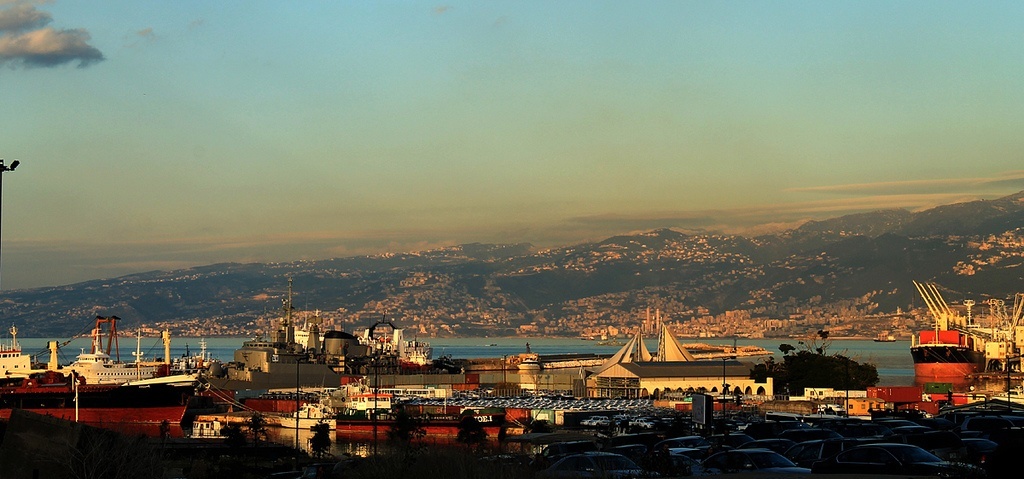In Lebanon, academics head discussions for how to ensure extractives become a blessing
Blog

Amidst all the delays, postponements, optimism and pessimism that have been shrouding the extractive industry’s birth in Lebanon for the past two years, one university, the Rafic Hariri University decided to enter the foray from a comprehensive angle. On April 16th, RHU launched its first Mediterranean Gas and Oil international conference 2015 (MedGO). The conference lasted three days, concluding on April 18th. By hosting an impressive number of global experts, the conference managed to offer a platform for academics, EI experts, public officials, as well as Lebanese civil society, to discuss and obtain a comprehensive view of this nascent sector that may promise to become a blessing for Lebanon if managed well.
The topics covered by experts from around the globe (France, the Netherlands, USA, Libya, Kingdom of Saudi Arabia and Lebanon) ranged between highly technical subjects (exploration, drilling, downstream, and production techniques) , to more socio-economic ones. Discussions around the geo-political implications pertaining to the management of the extractive sector in Lebanon were carried by key experts on the East Med energy policies.
Special attention was given to the key role that civil society in Lebanon needs to play in order to ensure good governance of its future wealth. Publish What You Pay shared lessons from international experiences of how civil society from around the globe strives to play a key role in turning natural resource revenues into sustainable development. The Lebanese Oil and Gas Initiative (LOGI) was show-cased during the conference as an example of the role that civil society in Lebanon could play in the good governance of this sector. With the objective of offering a platform to liaise with the wider Lebanese public on issues that will enable them to become more informed about their natural wealth, LOGI is set on building the capacity of civil society in Lebanon and empowering it to become a decision maker and a policy influencer.
Over all, the conference was unique in the sense that it is the first international assembly to be organised by the academic body in Lebanon. With the Lebanese Petroleum Administration (a government consultative body) taking the lead so far in organising such conferences (with a heavy presence of the private sector represented by the International Oil Companies), it is eye-catching to notice the sudden interest from the academic world in this nascent sector. Other university led discussions are now occurring within the different campuses in Lebanon. The Notre Dame University hosted last month a seminar with speakers from PWYP, NRGI and LCPS. The topic centred around the key role that civil society needs to play to ensure proper management of its natural resources. A substantial interest from the student and academic body has resulted in the creation of a working group at Notre Dame University, focused on building a network within the Lebanese universities that can help inform and empower the greater civil society in Lebanon to get engaged in the sector.
With the ever evolving definition of civil society, which now transcends NGOs to include academic body, unions, and the media, Lebanon may well present a unique model of having its civil society’s engagement in this challenging sector being spearheaded by the rigour the academic world would offer!